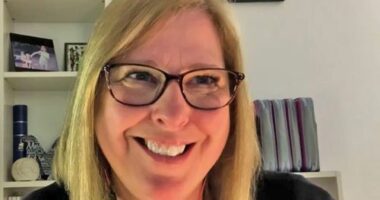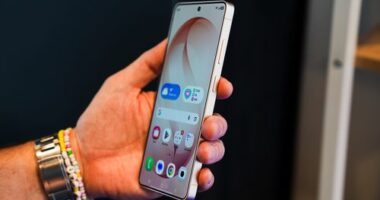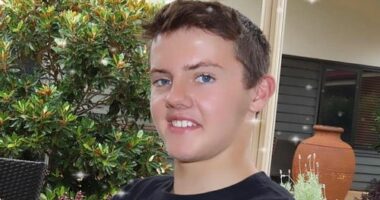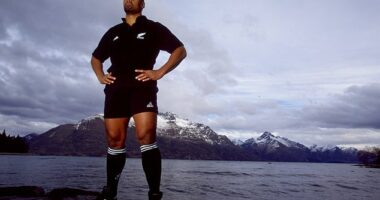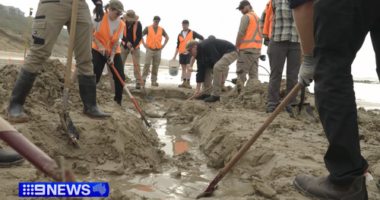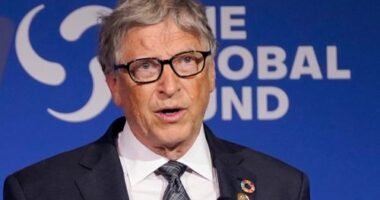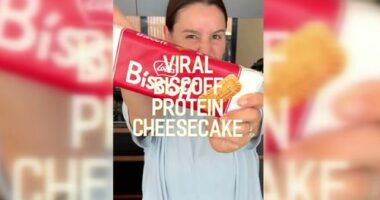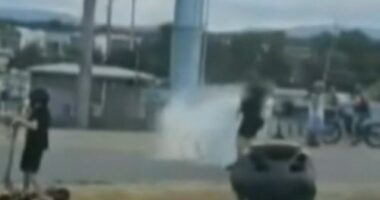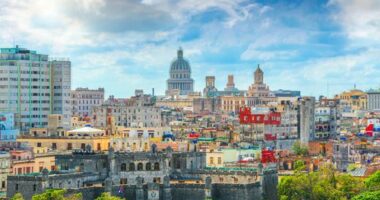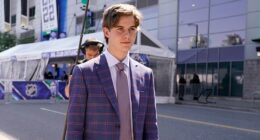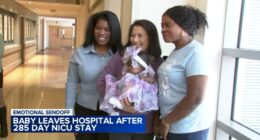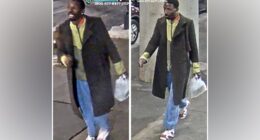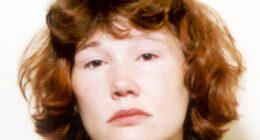Share this @internewscast.com
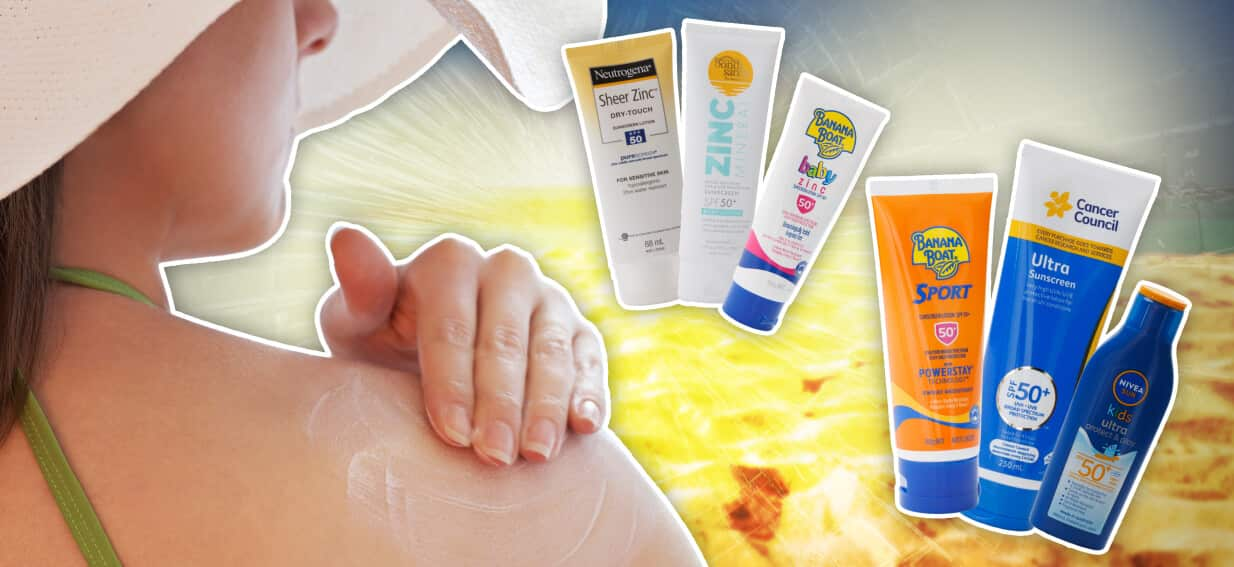
Some of Australia’s most popular sunscreens are not living up to their own SPF rating claims, according to consumer advocacy group Choice, after it tested 20 products and found only four met the advertised ratings.
The revelations have prompted one brand to review the SPF ratings of four of its products by an independent international laboratory, while others questioned the results and insisted their product claims were accurate.
In a new report published on Thursday, Choice said it tested 20 popular sunscreen products in a specialised lab. Volunteers had sunscreen applied to a specific area of skin before a ‘solar simulator’ was applied to that area, as well as an unprotected area, as a control method.
After testing, Choice said it found only four products matched their SPF claims while 16 failed.
Some of the products Choice said failed its test include:
— Aldi Ombra Everyday Sunscreen Lotion 50+ — tested at 26
— Banana Boat Baby Zinc Sunscreen Lotion SPF 50+ — tested at 28
— Bondi Sands SPF 50+ Zinc Mineral Body Lotion — tested at 26
— Cancer Council Everyday Value Sunscreen 50 — tested at 27
— Cancer Council Ultra Sunscreen 50+ — tested at 24
— Banana Boat Sport Sunscreen Lotion SPF 50+ — tested at 35
— Neutrogena Sheer Zinc Dry-Touch Lotion SPF 50 — tested at 24
— Woolworths Sunscreen Everyday Tube SPF 50+ — tested at 27
—Nivea Sun Kids Ultra Protect and Play SPF 50+ — tested at 41
But the product that performed the worst in the test was Ultra Violette’s Lean Screen SPF 50+ Mattifying Zinc Skinscreen, which returned an SPF of 4.
Choice said it was so “perturbed” by the result that it did a second test to confirm the finding.
Choice CEO Ashley de Silva said: “We were really shocked to see the results for Ultra Violette’s Lean Screen SPF 50+ product, so much so that we actually decided to test a different batch at a completely different lab in Germany to confirm the results.”
“Those tests found the product had an SPF of 5 — an almost identical result to our initial testing.”
SPF stands for Sun Protection Factor. The higher the number, the fewer UV rays reach the skin.
On the other hand, the four sunscreens Choice said met its SPF claims were:
— La Roche-Posay Anthelios Wet Skin Sunscreen SPF 50+ — tested at 72.
— Neutrogena Ultra Sheer Body Lotion SPF 50 — tested at 56.
— Cancer Council Kid Sunscreen 50+ — tested at 52.
— Mecca Cosmetica To Save Body SPF 50+ Hydrating Sunscreen — tested at 51.
Sunscreen companies stand by their products
Ultra Violette said it did not accept the results of its tested product as “even remotely accurate”, questioning the methodology of the test. It said its Lean Screen product contained 22.75 per cent zinc oxide and that the SPF result of 4 was “scientifically impossible”.
“We find this study counterintuitive and not at all in the best interest of consumers,” it said in a response published by Choice.
Cancer Council Australia — which had three products including Kids Clear Zinc 50+, Everyday Value Sunscreen 50 and Ultra Sunscreen 50+, fail Choice’s test — said it was “very concerned” by the findings but stood by its own test results.
“We can confirm that we hold SPF test results from our product sponsor for each of the products Choice has tested, all of which show compliance with their labelled SPF rating,” a spokesperson told SBS News.
“Noting the test results published by Choice and out of an abundance of caution, we have submitted the four referenced products for further testing by an independent international laboratory. All necessary actions to any findings will be implemented,” the spokesperson said.
The responses of other companies were published by Choice.
Aldi and Coles said they requested the results for further investigation, Banana Boat said its sunscreens met the requirements set out by the medicines regulator, Therapeutic Goods Administration (TGA), while others, including Bondi Sands, said they disagreed with the Choice assessment.
Choice called on the TGA to undergo its own compliance tests and the consumer watchdog, the Australian Competition and Consumer Commission, to investigate any misleading SPF claims.
Regulator says it’s investigating
The TGA said it was investigating the Choice findings and will take regulatory action as required.
It said there could be variability in SPF testing results across laboratories, due to the reliance on human subject testing.
It said a number of the Choice-tested products returned results in the range of SPF 30, which provide “high protection” and are effective.
“Given Australia’s high incidence of skin cancer, the TGA reiterates that using sunscreen is an important measure to prevent harmful effects of ultraviolet radiation, in addition to seeking shade, wearing a wide-brimmed hat, wearing protective clothing and using sunglasses.”

